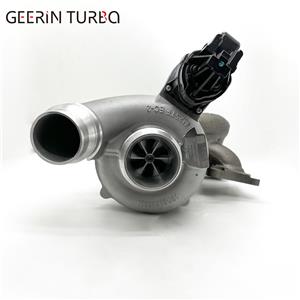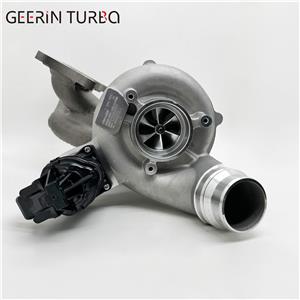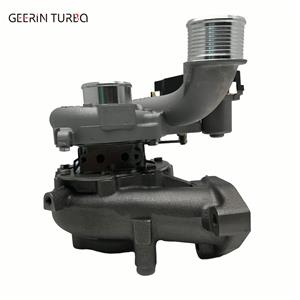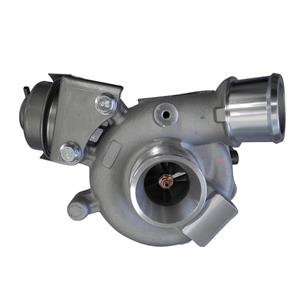How much do you know about turbochargers?
How much do you know about turbochargers?
Now the turbo system is not easy to damage, as long as do not deliberately to destroy it, in general its life almost the same as the engine, of course, now on the market 200,000 kilometres of the car are relatively rare; so the normal use of turbocharged engine is not lead to damage to the turbo system, turbocharger the most vulnerable parts or its bearing part, can be said to be the most precise part of the entire turbo system. The precision is even only a few microns, so the turbocharger bearings are most afraid of being hard objects causing wear, so the engine operating environment of impurities if more, is most likely to cause turbo damage!
It is important to know that the lubrication of the turbo system is maintained by the oil, and the oil contains more or less impurities to become the key to the life of the turbo system; because no matter how carefully cared for, there is the problem of coking, although today's delayed cooling system has been the maximum extent to alleviate the whole problem, but a small amount of coking still exists, and the accumulation of months and months of vegetation is enough to form the result of the turbo health! Coking is when the oil is evaporated by the high temperature when cooling the supercharger, coking itself is not terrible, but the terrible thing is that once the oil is evaporated, those impurities (minerals) and metal additives in the oil will be burned into small particles, these tiny particles can easily cause the turbo bearings to wear; so limiting the impurities in the oil and fuel is good for the turbo system, such as using higher grade oil or petrol with fewer impurities. The vast majority of turbocharged engines are better suited to low ash motor oil, which is very clearly stated in the vehicle manual; oil ash can simply be understood as the metal-like additives added to the oil, in order to make the oil play a wear-resistant, clean role, such as a very common titanium fluid in a motor oil, magnetic protection of a class belongs to the metal additives, these metal additives after the normal combustion of the oil (( Don't argue about burning oil here, it's just the normal loss of oil) will form metal salts, metal compound particles, the same as the mineral combustion particles in the oil, these metal particles also have a very high hardness, the same will cause wear to the turbine bearings, so the high and low ash content determines the amount of residual metal particles after the combustion of the oil! So it is not recommended to use mineral oil for turbocharged engines, it is not just a matter of viscosity, it is more about the impurities contained in the oil itself; mineral oil is too natural, so it contains a lot of naturally formed minerals, these minerals burn more particles to the turbo's detriment, similarly the ash content of the oil should not be high, high after burning more technical particles! So in the choice of oil, turbocharged machines should not only choose the viscosity grade, but also the oil grade, it is recommended to use the API certified SM or higher level, or ACEA certified A4 or higher level oil.




